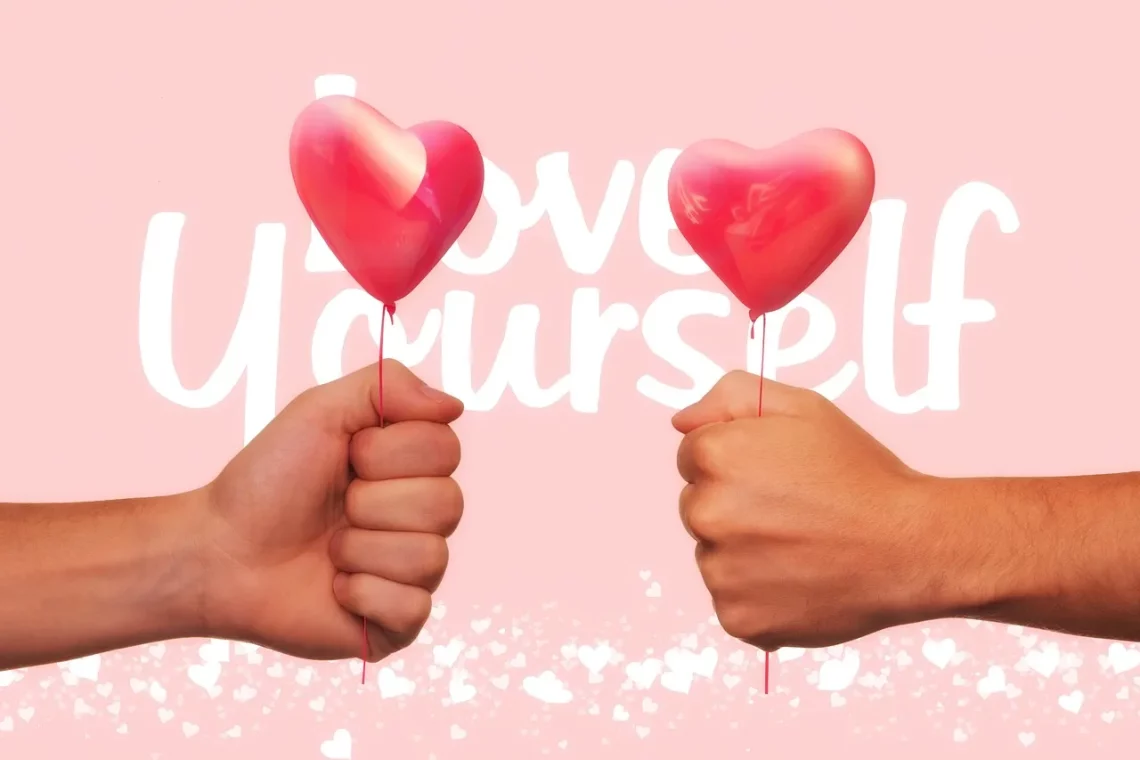
Exploring Male Masturbation Stories: Insights and Experiences
Male masturbation has long been a topic of both fascination and taboo in various cultures around the world. Often shrouded in mystery, the act has been the subject of countless discussions, myths, and misconceptions. Engaging with one’s own body is a natural behavior, yet societal norms and expectations can create an environment where such conversations are often avoided or stigmatized. The complexity surrounding male masturbation stems not only from cultural narratives but also from individual experiences that can vary widely.
As more people begin to open up about their personal stories and insights, a clearer picture emerges about the psychological and emotional aspects of this intimate act. The narratives shared by individuals can reveal patterns of behavior, preferences, and even the significance of masturbation in their lives. These stories are not merely about the physical act; they encompass a range of emotions, experiences, and the ongoing journey of self-discovery. Understanding these diverse experiences can help dismantle the stigma and promote a healthier dialogue around male sexuality and self-exploration.
As we delve deeper into this topic, we will explore the different facets of male masturbation, highlighting personal stories, psychological insights, and the broader implications for mental and emotional health.
Breaking the Taboo: Personal Stories of Exploration
The journey of self-exploration through masturbation can be uniquely personal and often varies significantly from one individual to another. Many men recount their first experiences with curiosity and a sense of discovery. For some, it begins during adolescence when the body is undergoing rapid changes and sexuality is becoming more pronounced. These formative experiences can shape one’s understanding of pleasure and intimacy, often leading to a deeper exploration of their own desires.
Men often share stories about the initial feelings of guilt or shame that accompanied their early experiences. This is largely due to societal norms that often associate masturbation with negative connotations. As they mature, many come to embrace this act as a natural part of their sexual health and well-being. The stories reveal a transformation from feelings of secrecy to a more open acknowledgment of the benefits of masturbation, including stress relief, sexual freedom, and a better understanding of one’s own body.
In addition to these initial experiences, men often discuss how masturbation serves as a tool for self-discovery. It enables them to explore their preferences, learn about their bodies, and even enhance their sexual relationships with partners. By understanding their own needs and desires, many men find that they can communicate better with partners about what feels good or what they enjoy. This increased communication can lead to more fulfilling sexual experiences and stronger emotional connections.
Furthermore, the stories often highlight the role of masturbation in coping with life’s challenges. Whether it’s stress from work, relationship issues, or personal insecurities, many men find solace in the act of self-pleasure. It becomes a form of self-care, allowing them to reconnect with their bodies and relieve pent-up tension. These personal narratives serve to normalize the experience, encouraging others to view masturbation as a healthy and constructive part of their lives.
The Psychological Perspective: Benefits and Insights
From a psychological standpoint, masturbation can have numerous benefits that contribute to overall mental health. Engaging in this act can lead to the release of endorphins, the body’s natural feel-good chemicals. This biochemical response can help alleviate feelings of anxiety, depression, and stress, making masturbation a potential coping mechanism for many individuals.
Moreover, psychological studies have indicated that masturbation can foster a positive body image and enhance self-esteem. Men who engage in self-pleasure often report feeling more comfortable and confident in their own skin. This is particularly important in a society that frequently pressures individuals to conform to unrealistic body standards. By exploring their own bodies without judgment or comparison, men can cultivate a more accepting attitude towards their physical appearance.
Additionally, masturbation can serve as an educational tool. Men learn about their own sexual responses, preferences, and boundaries. This knowledge is invaluable when it comes to intimate relationships. By understanding their own needs, men are better equipped to articulate what they desire from partners, leading to healthier and more satisfying sexual encounters.
Importantly, masturbation is also linked to better sexual health. Regular self-exploration can contribute to improved sexual function and may help prevent issues such as erectile dysfunction. By maintaining an active understanding of their sexual health, men can take proactive steps to ensure their well-being.
While there are numerous benefits to masturbation, it’s essential to approach the topic with a balanced perspective. Over-reliance on masturbation as a coping mechanism for emotional distress can lead to complications in sexual relationships or personal well-being. Finding a healthy balance is key to ensuring that this practice remains a positive aspect of one’s life.
Societal Perspectives: Changing Conversations Around Male Masturbation
The conversation surrounding male masturbation is gradually evolving, reflecting broader societal changes in attitudes towards sexuality and self-exploration. Historically, many cultures have perpetuated myths and stigmas that frame masturbation as a shameful or harmful act. However, as awareness and education increase, there is a growing movement towards normalizing these experiences and fostering open discussions.
This shift is evident in media portrayals, educational programs, and even social media platforms where individuals are sharing their stories more freely. By breaking the silence, men are embracing vulnerability and encouraging others to do the same. This openness is essential in dismantling harmful myths and promoting healthier attitudes towards sexuality.
Moreover, the conversation is increasingly inclusive, recognizing that male masturbation is not a monolithic experience. Different cultural backgrounds, sexual orientations, and personal beliefs can significantly influence how individuals perceive and engage in self-pleasure. Acknowledging these diverse experiences is crucial in creating a more comprehensive understanding of male sexuality.
As discussions become more inclusive, they also pave the way for better sexual education. Comprehensive programs that address the realities of masturbation and sexual health can empower individuals with knowledge and skills. Educating young people about the normalcy of self-exploration can help mitigate feelings of shame and foster a more positive relationship with their bodies.
In conclusion, as society progresses towards more open dialogues about sexuality, the narratives surrounding male masturbation continue to evolve. By sharing personal stories, promoting psychological insights, and challenging societal norms, we can create a more accepting environment that encourages healthy expressions of sexuality.
**Disclaimer:** This article is for informational purposes only and does not constitute medical advice. For any health-related concerns, please consult a qualified healthcare professional.




